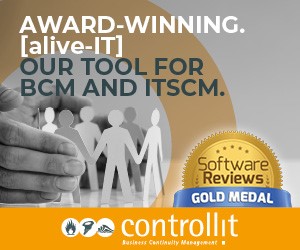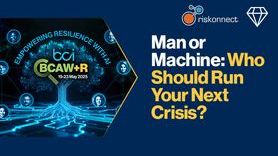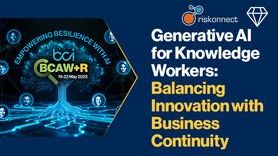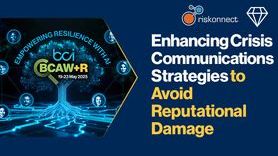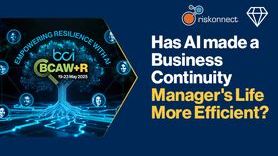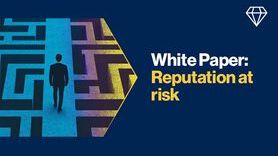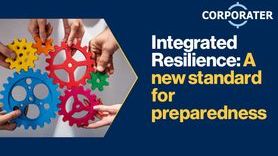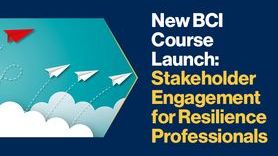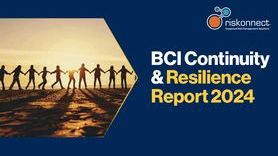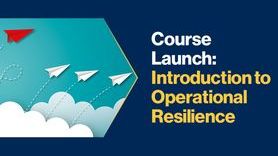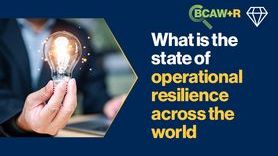A Universally Applicable Tale in Asset Management and Business Continuity from Universal Studios
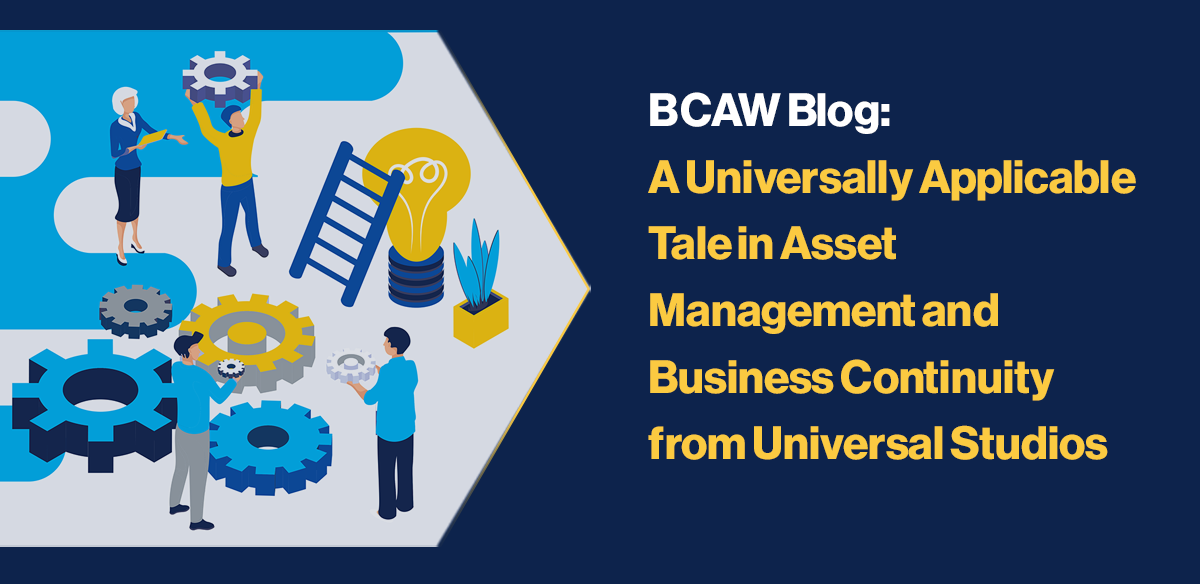
One of the nice things about writing a blog based on music is that you can hand-pick your song titles and lyrics to fit the story you want to tell. So, to the artists of the world, I say “Thank you for the music” (Abba, 1983). There are just so many songs out there...
Or at least, there used to be. Following the revelation of the 2008 fire at the Universal Studios in San Fernando California, there is less music in the world than there used to be. And that is “So Sad to Say” (The Bosstones, 2000).
When you consider the loss of circa half a million master tapes recorded by global icons such as Louis Armstrong, Judy Garland, Ella Fitzgerald (left), Ray Charles, Aretha Franklin, Nirvana, Chuck Berry, Buddy Holly, Billie Holliday, Duke Ellington, Etta James and many more, the phrase “This is How My Heart Breaks” (Rob Thomas, 2005), is entirely apposite.
What happened?
To give you “Another Short Story” (Nate Dogg, 2008), Universal Studios stored music masters and the back-up recordings (aka ”safeties”) in the same vault, which didn’t have sprinklers. That truly was “Somethin’ Stupid” (Peggy Lee, 1999), because in 2008 the vault burned down.
“So what?” (Miles Davis 1959)
The “Problems” (Ben Kweller, 2000) are not so much the published music, because this has a physical form and can be reproduced. The real issue is the sounds that the world has never heard; demo tapes, alternate takes, and the unreleased tracks. The masters and their safeties are the source material for all reproductions, re-releases and re-makes, whether on digital or vinyl and are vital to the musicians’ legacies because they are original, unique recordings and are the truest representations of the studio sounds. As Sheryl Crow (right) stated, “And it’s not just the music it’s the dialogue between the music, it’s the takes that didn’t make it, it’s the versions we’ll never hear.” I agree with the marvellous Sheryl, (to whom I am listening as I write this) “The First Cut Is The Deepest” (1967).
Secondly, the stupidity of storing masters and safeties in the same vault with no sprinklers is compounded by the unbelievable stupidity of not admitting to the impact until the New York Times tells the world 11 years later. Because that smacks of “Layers of Lies” (Darkane, 2005).
And thirdly the Universal defence is so far beyond stupid and so far beyond layers of lies that it beggars belief;
“the incident was deeply unfortunate, but the New York Times story contained numerous inaccuracies, misleading statements, contradictions, and fundamental misunderstandings of the scope of the incident. The fire never affected the availability of commercially released music, nor impacted the artists’ compensation.”
I couldn’t find a song title containing “OMFG”, but I wanted to……
Universal didn't just dig themselves a hole, they stole a digger, dug a really deep hole, drove the digger into the hole, wired it with explosives and blew it up. They will have no “Redemption Day” (Sheryl Crow and Johnny Cash 2019), and it will be no surprise if they have reached “The End of the Line” (The Travelling Wilburys, 2007). Tom Petty, a member of the Wilburys, is one of those now instituting a $100M + legal class action against Universal – how’s that for a segue?????.
Lessons for Business Continuity (No song title for that one either, it’s just not that catchy….)
One - if you have something unique, and you make a back-up, well done. But don’t store both in the same place, and don’t store them in a place where there is no mitigation of threats. Like sprinklers.
Two - Stuff happens. Fires, floods, pestilence, building structural failure, cyber events and acts of God all happen. But when they happen to you, lead with the truth and lead early, because unlike wine, and great music tracks, bad news doesn’t get better with age. Universal may not have liked the NYT expose, but the fact they hid the impact for 11 years leaves them with not a leg to stand on. And you will be judged not by what happened, but by how you deal with the aftermath.
Three - understand that some issues are not technical, legal or procedural, they are emotional, about human beings, and music is an affair of “Heart and Soul” (Johnny Maddox and the Rythmmasters, sometime in the 1950s, re-released 2015). If you are safeguarding worldwide treasures of the heart and soul then take precautions against the very worst happening, however unlikely it may appear because now, thanks to Universal’s incompetence, when we look for works by those incredible performers whose voices shaped our lives, we find only the “Sounds of Silence” (Simon and Garfunkel, 1966).
Author:
Toby Ingram, AMBCI

